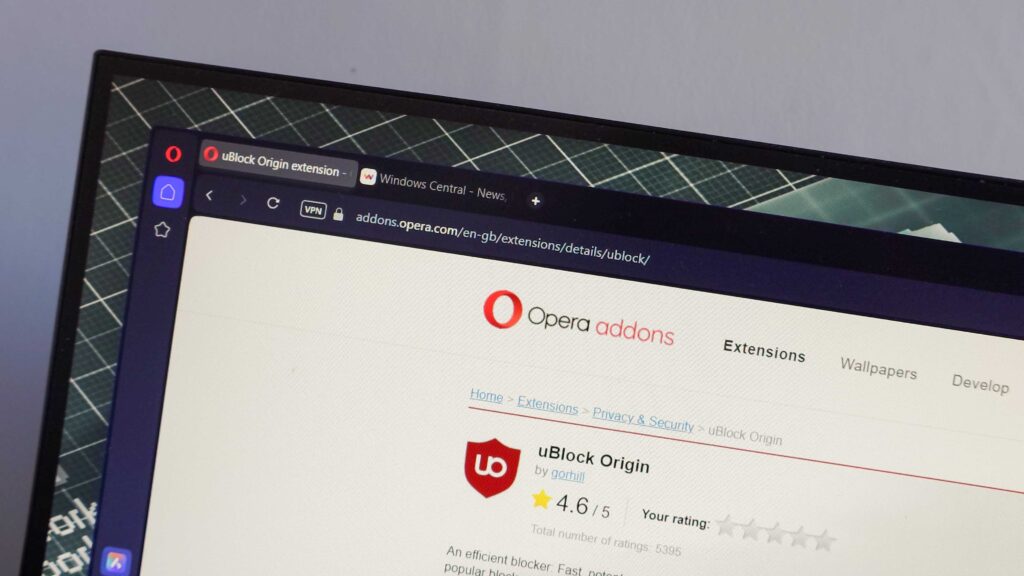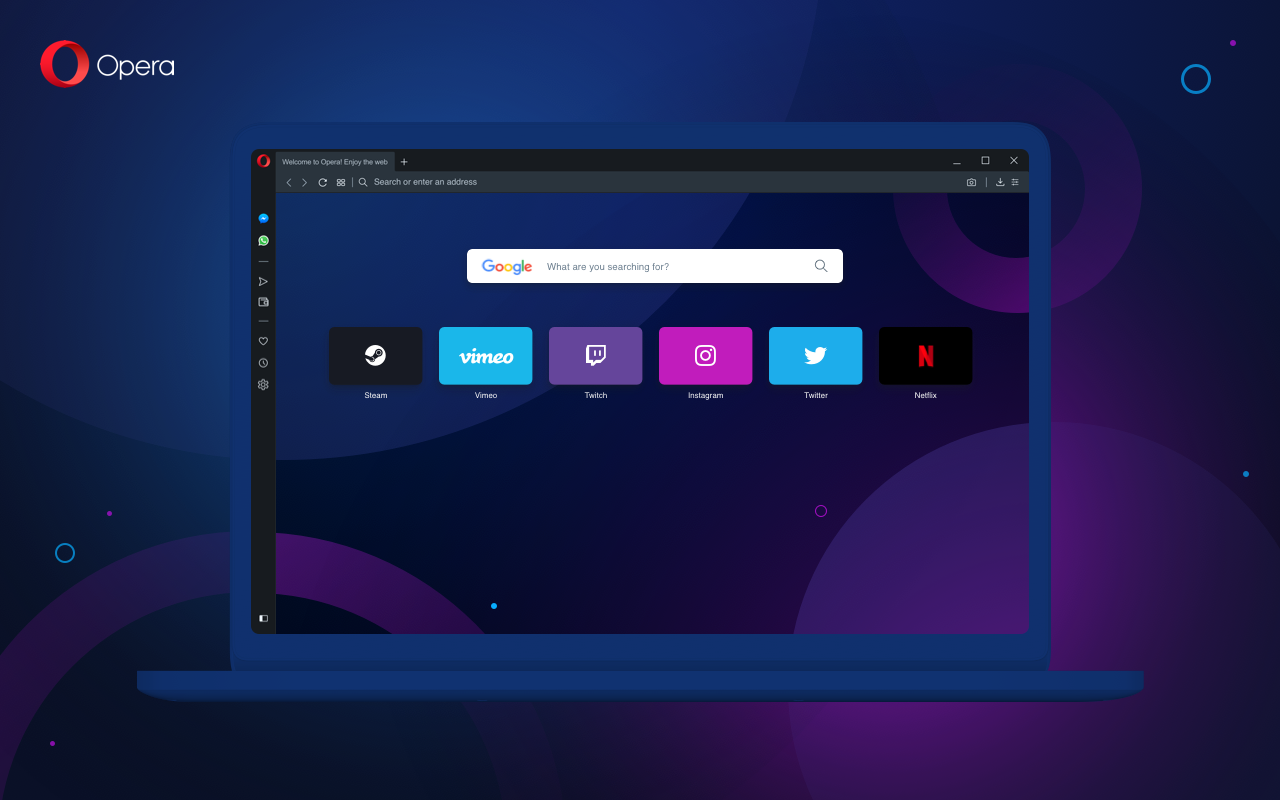
Google Chrome remains the dominant player in the browser world, but recent changes to its extension framework have stirred discontent among many users. The new Manifest V3 framework has significantly limited functionality for some extensions, notably ad blockers like uBlock Origin. This has opened the door for competitors like Opera, which has pledged continued support for these popular extensions by committing to the older Manifest V2 standard — a bold move that could attract users who feel Chrome is limiting their browsing choices.
Opera’s developers, in a recent blog post, stated that despite their reliance on Chromium’s open-source codebase (the same foundation for Chrome), they intend to modify it to support powerful extensions like uBlock Origin without disruption. This marks a significant deviation from Google’s Chromium project, as Opera will have to maintain their own version of the codebase. Other browsers like Brave and Vivaldi (also based on Chromium) have made similar provisional commitments, but for smaller development teams, this endeavor could prove unsustainable in the face of ongoing changes from Google.
The move could prove wise for Opera, as there’s a growing sentiment that Google’s push for Manifest V3 primarily serves its own business interests. While Chrome is still well ahead in terms of market share, public sentiment has shifted before; browsers like Netscape, Internet Explorer, and Firefox have all had their turn at the top. Some users now appear increasingly interested in alternatives that offer more freedom from large corporations, especially as even the US Department of Justice considers potential antitrust actions to reduce Google’s influence across the web.




